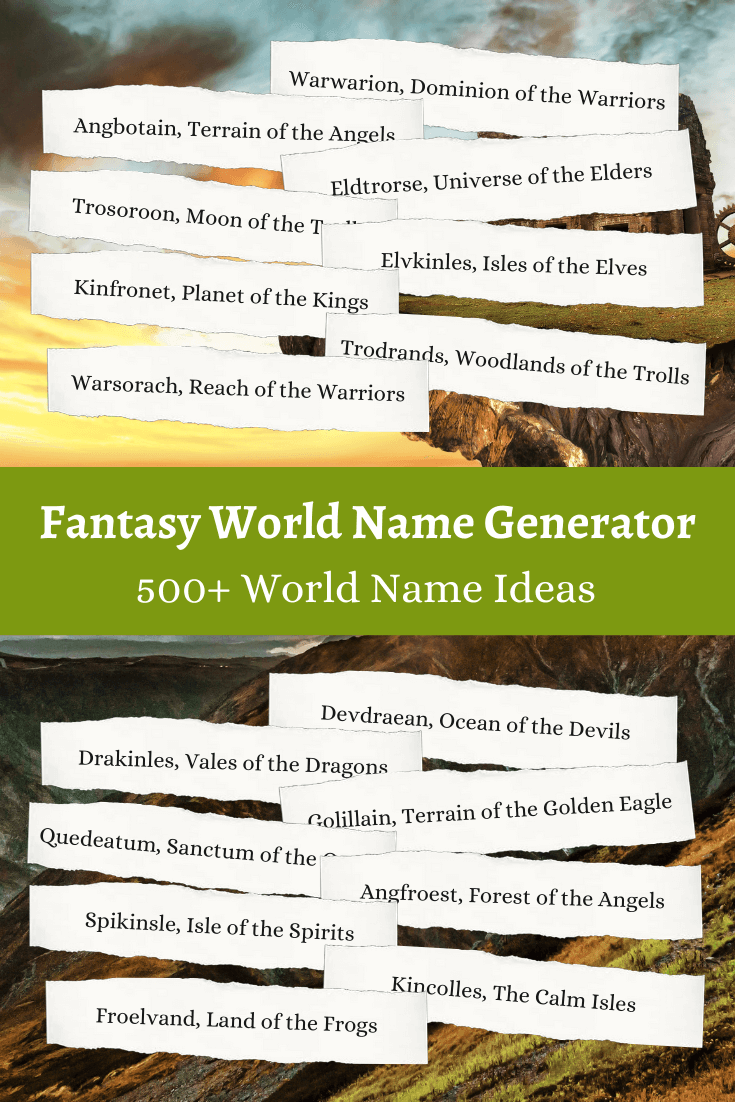12/01/2016 · an electric generator is an electronic appliance that converts mechanical energy into electrical energy. An apparatus in which vapor or gas is formed. A generator is simply a device that moves a magnet near a wire to create a steady flow of electrons. Generator definition, a machine that converts one form of energy into another, especially mechanical energy into electrical energy, as a dynamo, or electrical energy into sound, as an acoustic generator. Generators create an electric current by means of a coiled electric wire that rotates between two magnets.
When the wire turns inside the magnetic field, an electric current flows through it.
An apparatus in which vapor or gas is formed. 12/01/2016 · an electric generator is an electronic appliance that converts mechanical energy into electrical energy. Generator definition, a machine that converts one form of energy into another, especially mechanical energy into electrical energy, as a dynamo, or electrical energy into sound, as an acoustic generator. A machine by which mechanical energy is changed into electrical energy. When the wire turns inside the magnetic field, an electric current flows through it. A generator is simply a device that moves a magnet near a wire to create a steady flow of electrons. Generators do not create electricity. Generators create an electric current by means of a coiled electric wire that rotates between two magnets. The action that forces this movement varies greatly, ranging from hand cranks and steam engines to nuclear fission, but the principle remains the same. Instead, it uses the mechanical energy supplied to it to force the movement of electric charges present in …
Generators do not create electricity. When the wire turns inside the magnetic field, an electric current flows through it. Generators create an electric current by means of a coiled electric wire that rotates between two magnets. An apparatus in which vapor or gas is formed. Generator definition, a machine that converts one form of energy into another, especially mechanical energy into electrical energy, as a dynamo, or electrical energy into sound, as an acoustic generator.
An apparatus in which vapor or gas is formed.
An apparatus in which vapor or gas is formed. 12/01/2016 · an electric generator is an electronic appliance that converts mechanical energy into electrical energy. Generators create an electric current by means of a coiled electric wire that rotates between two magnets. Generators do not create electricity. Instead, it uses the mechanical energy supplied to it to force the movement of electric charges present in … A generator is simply a device that moves a magnet near a wire to create a steady flow of electrons. A machine by which mechanical energy is changed into electrical energy. The action that forces this movement varies greatly, ranging from hand cranks and steam engines to nuclear fission, but the principle remains the same. When the wire turns inside the magnetic field, an electric current flows through it. Generator definition, a machine that converts one form of energy into another, especially mechanical energy into electrical energy, as a dynamo, or electrical energy into sound, as an acoustic generator.
Instead, it uses the mechanical energy supplied to it to force the movement of electric charges present in … The action that forces this movement varies greatly, ranging from hand cranks and steam engines to nuclear fission, but the principle remains the same. An apparatus in which vapor or gas is formed. 12/01/2016 · an electric generator is an electronic appliance that converts mechanical energy into electrical energy. When the wire turns inside the magnetic field, an electric current flows through it.
A machine by which mechanical energy is changed into electrical energy.
When the wire turns inside the magnetic field, an electric current flows through it. A machine by which mechanical energy is changed into electrical energy. Generators create an electric current by means of a coiled electric wire that rotates between two magnets. Generator definition, a machine that converts one form of energy into another, especially mechanical energy into electrical energy, as a dynamo, or electrical energy into sound, as an acoustic generator. An apparatus in which vapor or gas is formed. 12/01/2016 · an electric generator is an electronic appliance that converts mechanical energy into electrical energy. Generators do not create electricity. The action that forces this movement varies greatly, ranging from hand cranks and steam engines to nuclear fission, but the principle remains the same. Instead, it uses the mechanical energy supplied to it to force the movement of electric charges present in … A generator is simply a device that moves a magnet near a wire to create a steady flow of electrons.
41+ Generator Meaning In Science Pics. Generators create an electric current by means of a coiled electric wire that rotates between two magnets. Generator definition, a machine that converts one form of energy into another, especially mechanical energy into electrical energy, as a dynamo, or electrical energy into sound, as an acoustic generator. Instead, it uses the mechanical energy supplied to it to force the movement of electric charges present in … 12/01/2016 · an electric generator is an electronic appliance that converts mechanical energy into electrical energy. A generator is simply a device that moves a magnet near a wire to create a steady flow of electrons.
